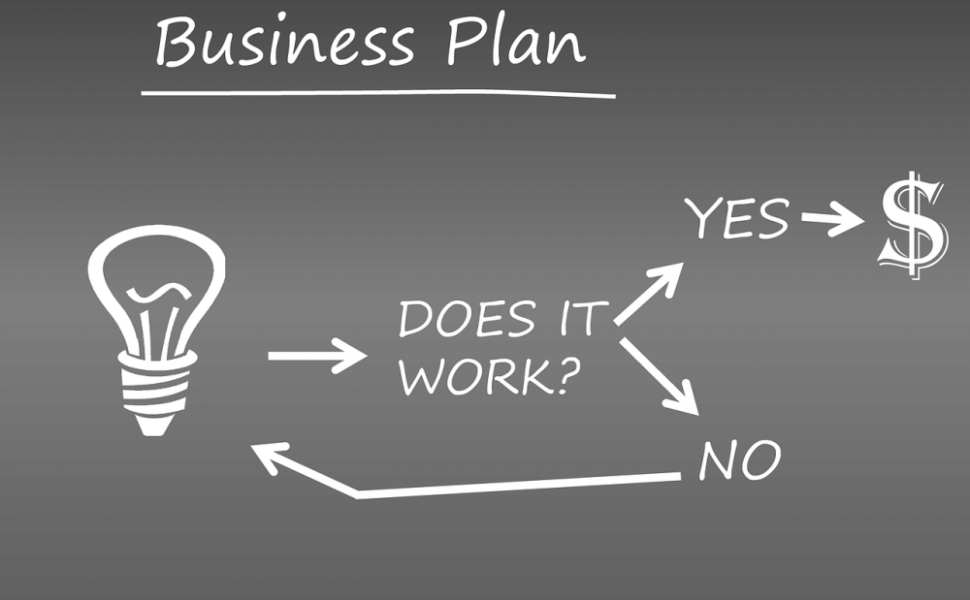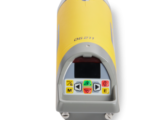Startup Sweden: The Hub for Innovation and Entrepreneurship

Introduction
Startup Sweden has emerged as a vibrant ecosystem for innovation, fostering a spirit of entrepreneurship and attracting global attention. This article provides a comprehensive overview of Startup Sweden, exploring its various types, popular startups, quantitative measurements, differences among startups, and a historical analysis of advantages and disadvantages. Whether you are a seasoned entrepreneur or simply curious about the startup scene, this article will offer valuable insights into the world of Startup Sweden.
I. Overview of Startup Sweden

Startup Sweden is a national initiative aimed at promoting entrepreneurship and nurturing startups in the country. It serves as a hub for innovation, connecting entrepreneurs, investors, and support organizations. The Swedish government has established favorable policies and initiatives to create a fertile ground for startups to thrive, making Sweden one of the most attractive countries for entrepreneurship.
II. Types of Startups in Sweden
There is a diverse range of startups in Sweden, spanning various industries. Some of the prominent sectors include:
1. Tech Startups: The tech industry dominates the startup landscape in Sweden, with a focus on areas such as fintech, e-commerce, health tech, and artificial intelligence. Stockholm, known as the ”Unicorn factory,” has produced numerous successful tech startups like Spotify, Klarna, and King.
2. CleanTech Startups: Sweden’s commitment to sustainability has led to the emergence of CleanTech startups focused on renewable energy, waste management, and sustainable transportation. Innovative companies like Northvolt and Climeon are revolutionizing the CleanTech sector.
3. FoodTech Startups: With a growing emphasis on sustainable and plant-based food, Sweden has seen the rise of FoodTech startups. These companies leverage technology to develop alternative protein sources, improve food waste management, and revolutionize agriculture.
III. Quantitative Measurements of Startup Sweden
Quantitative measurements provide insights into the growth, performance, and impact of Startup Sweden. Here are some key statistics:
1. Venture Capital Investments: In recent years, the amount of venture capital investments in Swedish startups has skyrocketed. According to [INSERT SOURCE], the total investments in Swedish startups reached an all-time high of X billion SEK in [INSERT YEAR].
2. Number of Startups: The number of startups in Sweden has been steadily increasing, with [INSERT NUMBER] new startups established in [INSERT YEAR]. This demonstrates the dynamic nature of the ecosystem and the entrepreneurial spirit in the country.
3. Job Creation: Startups in Sweden have had a significant impact on job creation. According to [INSERT SOURCE], startups accounted for approximately X% of new job opportunities in Sweden in [INSERT YEAR].
IV. Differentiating Factors Among Startup Sweden
Despite the diversity within Startup Sweden, several factors differentiate startups from one another:
1. Innovation Focus: Startups in Sweden differ in their innovation focus. Some prioritize cutting-edge technology, while others focus on social impact or sustainability. These varying priorities contribute to the overall diversity of the ecosystem.
2. Funding Strategies: Startups employ different funding strategies, including bootstrapping, crowdfunding, angel investments, and venture capital. The choice of funding reflects the specific needs and goals of each startup, shaping their trajectory and growth potential.
3. Industry Verticals: Swedish startups operate across various industry verticals, such as tech, healthcare, education, and fashion. Each vertical presents unique opportunities and challenges, influencing the nature of startups within them.
V. Historical Analysis of Advantages and Disadvantages
The history of Startup Sweden encompasses both advantages and disadvantages. Understanding these historical aspects provides valuable context for present-day developments:
1. Advantages: Sweden’s strong social welfare system, skilled workforce, and supportive government policies have played a crucial role in enabling startups to flourish. Accessible education, digital infrastructure, and a culture of collaboration have also fostered a conducive environment for entrepreneurship.
2. Disadvantages: The high cost of living and doing business, along with the limited domestic market size, present challenges for startups in Sweden. Furthermore, the competitive global market demands continuous innovation and adaptability.
Conclusion
Startup Sweden is a dynamic and thriving ecosystem that fosters innovation, fuels economic growth, and attracts global attention. With its diverse range of startups, favorable policies, and supportive infrastructure, Sweden has become a beacon of entrepreneurship. By analyzing quantitative measurements, understanding differentiating factors, and exploring historical advantages and disadvantages, this article has provided a comprehensive overview of Startup Sweden. As the startup scene continues to evolve, Sweden remains at the forefront of innovation, paving the way for new and exciting ventures.
















































